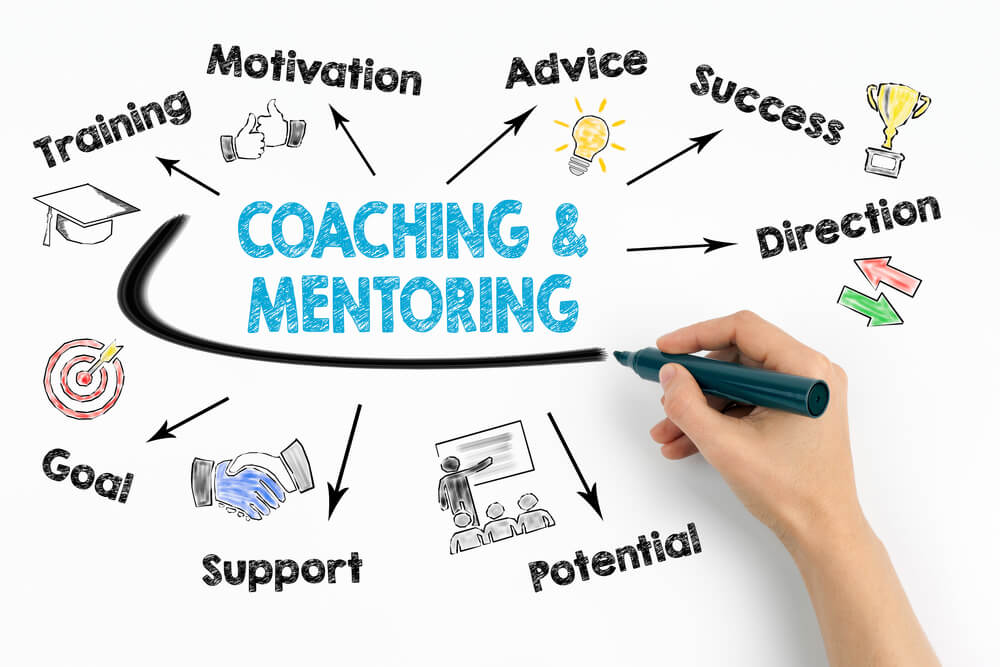MENTORING SKILLS AND STRATEGIES

These are the major skills and strategies you need to excel at mentoring. If you follow them, you will find that mentoring is not as hard as it might seem.
At PICA company, there was a feedback meeting amongst all the junior employees. When it was time to talk about Mr James, one of the company’s senior executive, the input was not favourable. Many of the mentees assigned to him had various complaints. Not leading by example to not committing to the relationship were some of the complaints. Although knowledgable and experienced, he lacked mentoring skills and strategies .
Would you trust a loaded gun in the hands of an inexperienced person? As a mentor without skills, that is how people see you. Yes, you have a wealth of experience and knowledge. But of what use is that if you cannot channel them the right way? Beyond overcoming the barriers in mentoring, you need to have the know-how of being a mentor.
THE BEST SKILLS AND STRATEGIES FOR MENTORING
COMMIT
What is the point of being a mentor if you would not commit to the relationship? Do not give in to pressure to be a mentor. Because if you do, you will not be able to give the relationship your full attention. After you have agreed to be a mentor, you need to commit to making the relationship a success. Dedicate your time and effort towards helping your mentee achieve their goal. Do not be nonchalant or offhanded, as this would appear as a red flag to your mentee.
WALK THE TALK
In other words, lead by example. Talk is cheap, and actions speak louder than words. Do not be that mentor who churns out advice but would not follow any of them. Let your actions do the teaching; be an embodiment of what you say. “Tell me, and I may forget, show me, and I may remember. Involve me, and I’ll understand.” This Chinese proverb illustrates the importance of actions over words. As a mentor, your every move is a lesson to someone. It should not be a surprise to you if you find out that you are a mentor to someone -who you have not met- through your actions. “Practice what you preach” should be your watchword as a mentor.
Not bossily telling others what to do, but tenderly showing them the way.
1Peter 5:3 MSG
GUIDE MORE THAN YOU TEACH
A mentor can sometimes be a teacher, but most times is a guide. Do not always give in to the urge to teach your mentee. Yes, you have the knowledge they need, but sometimes, you have to let them find their answers.
ENCOURAGE
Study shows that encouragement works. Criticism is good, especially if it is constructive. But what is even better is praising your mentee for the things they do right. For every complaint, encourage them more. You do not want your mentee to see you as someone hard to please. If they sense this, it could make them withdraw, which would affect your relationship.
HANDLE CONFLICTS PROFESSIONALLY
You will only be deluding yourself if you think there will be no conflicts. Friction is part and parcel of human relationships. What matters is how you handle it. When things get personal, maintain a professional stance and resolve it.
These are the major skills and strategies you need to excel at mentoring. If you follow them, you will find that mentoring is not as hard as it might seem—Goodluck in your endeavours.
Thank you for reading. Do you have any other skills and strategies you have tried? Please share with me in the comment section.

0 Comments